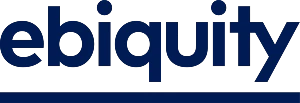As featured in Digiday, read the full article here.
As media agencies tout the potential of AI efficiencies, marketers are probing: Will this translate to cost savings, and if so, will those savings benefit them?
Marketers are asking: How is your agency harnessing AI and automation? Which tasks or workflows are AI-driven? How do you maintain transparency and accountability with AI use? Are there new pricing models that mirror AI-driven efficiencies? Can you share success stories where AI has notably boosted efficiency and outcomes for clients?
These queries orbit a fundamental concern: AI’s knack for streamlining and automating could significantly slash the billable hours, potentially shaking up the traditional billing model.
Well, at least to a point: After all, media agencies typically charge advertisers based on various factors such as project complexity, billable hours and the level of expertise involved. So any threat to this aspect of the model is sure to catch agencies’ attention and prompt serious consideration.
That’s why execs are cautious not to hype these initial discussions too much. In the short term, they believe there will be little change in how advertisers pay media agencies. Looking ahead, however, agencies focused solely on selling time rather than value may face revenue losses to automation.
In contrast, those who adapt, proving they can deliver superior outcomes per hour, may justify charging more for their strategic, high-level services.
What’s surfaced so far is merely the beginning. Marketers are already assessing the potential risks associated with agencies integrating AI more deeply into their operations.
One such concern, highlighted by Mark Gay, chief client officer at Ebiquity, involves the unique advantages that agencies might gain through leveraging their proprietary data in their AI models.
Medium term the conversation may well evolve to focus on the two-way value exchange between the data inputs a client can provide and all an agency can do with that across all their client base, and the added value the agency will return to that specific client based on how they have trained their AI — with this value equation defining the commercial model
Mark Gay, Chief Client Officer at Ebiquity

Finding the right agency to become your long-term partner is crucial for brand owners looking to thrive in the complex digital media and marketing ecosystem. To learn more about how to identify and work with the right media agency partners, get your copy of our report on ‘Reimagining Media Agency Selection’ now!

